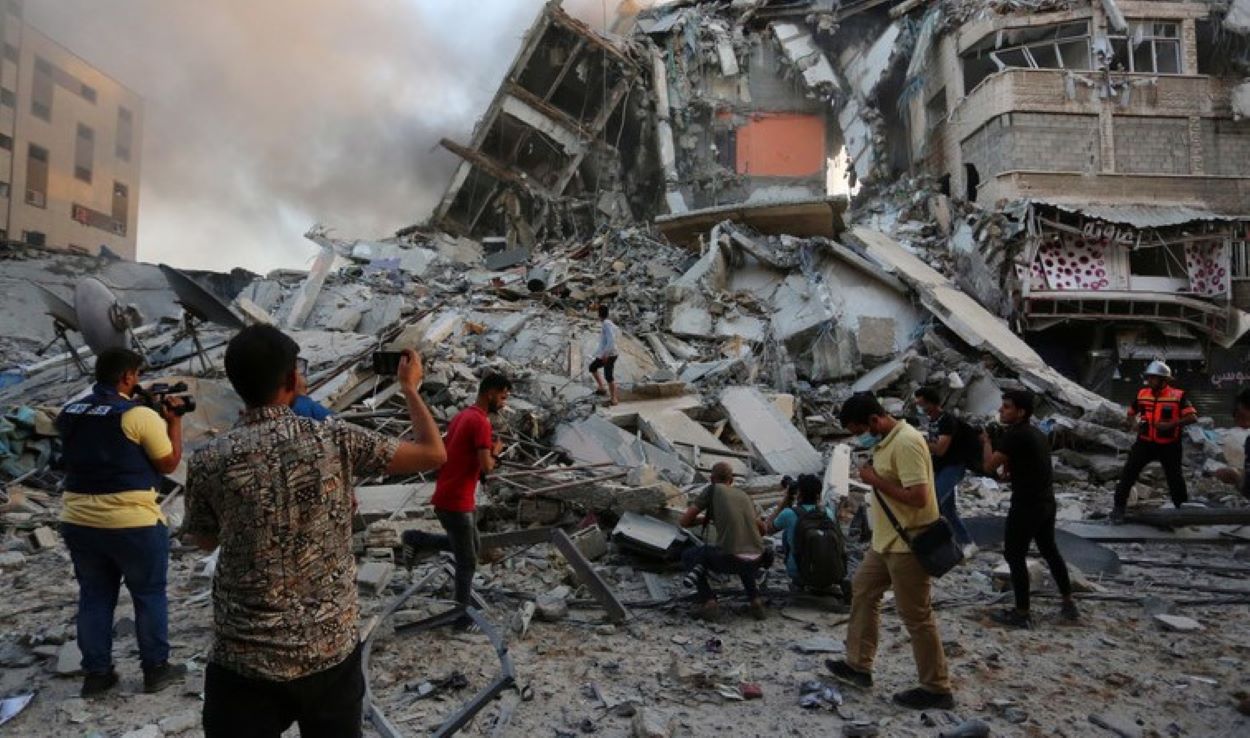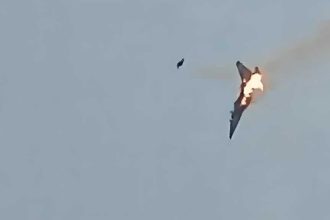The United Nation’s human rights commissioner, Volker Turk, has called out Israel’s complete blockade of the Gaza Strip, pointing out that depriving civilians of essential goods violates international law. This move by Israel, including bans on necessities like electricity and water, has raised concerns about a potential ground assault, especially after mobilizing an unprecedented 300,000 reservists. Turk emphasized the respect for civilians’ dignity and lives, stating that international humanitarian laws demand safeguarding civilians and their properties.
Impact and Reactions to the Blockade
The blockade has had severe consequences on multiple sectors in the region. Critical services, from transport to medical facilities, have been impaired. In particular, the sudden cut-off risks the medical sector’s ability to handle the escalating numbers of injured civilians. The international money lender, Hamas, has reported that its surprise attack resulted in the death of 900 Israelis and injured over 2,600, with numerous hostages taken. Israeli Prime Minister Benjamin Netanyahu retaliated with strong words, promising revenge and war. Amidst the conflict, Israel tightened its blockade on Gaza, affecting its 2.3 million residents, leading to international criticisms, with Human Rights Watch terming it as a war crime.
International Responses and Broader Implications
Various nations, including the US, have reacted to the conflict, with Washington announcing its support for Israel and warning Iran against getting involved. Reports of foreign casualties, including Americans, Italians, Thais, and Ukrainians, have surfaced, emphasizing the international implications of this conflict. As the hostilities continue, there are increasing fears about the conflict expanding, which might lead to greater regional instability and worldwide economic repercussions, as seen by the volatile reactions of global markets.






